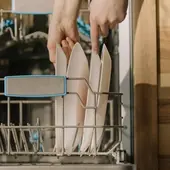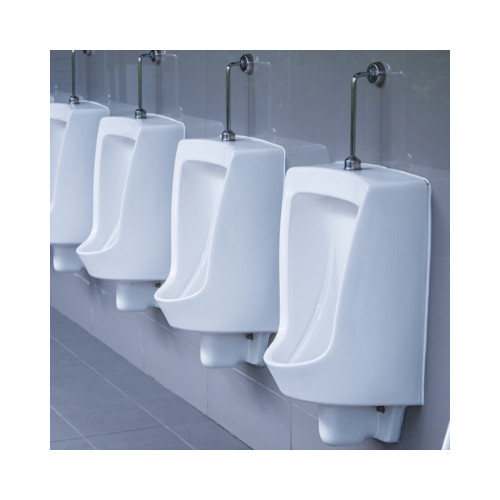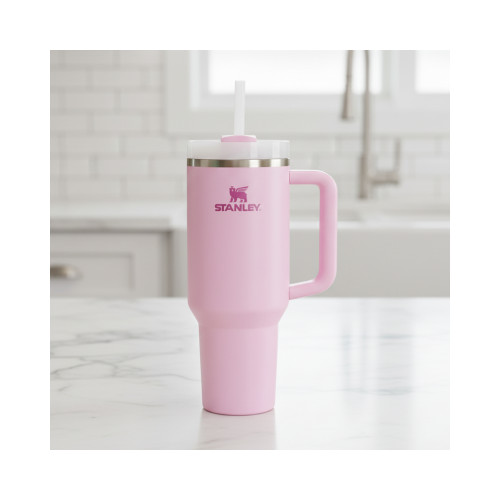
How to Clean a Dishwasher
Most people often neglect the importance of cleaning their dishwasher, assuming that it miraculously cleans itself. However, as time goes by, remnants of food and undissolved detergent can accumulate within the dishwasher's inner workings, leading to unpleasant odours and potential damage that can shorten its lifespan.
To avoid being stuck with a malodorous dishwasher, it is crucial to establish a regular dishwasher cleaning routine. Our comprehensive guide will equip you with all the necessary information to restore your dishwasher to a pristine, like-new condition. Keep reading to learn exactly how to clean a dishwasher today.

6 Steps to a Cleaner Dishwasher
Different areas of your dishwasher require different cleaning schedules to keep your machine working correctly and free from bacteria and bad odours. The below steps identify each part of the dishwasher that needs cleaning, and how often this should be carried out:
-
Remove Food Debris and Particles
When: DailyIf you use your dishwasher, always be aware of any loose particles or debris left in your dishwasher. If you notice these on the bottom or on the racks of your machine, wipe these away with a microfibre cloth to prevent them getting stuck on or building up in other areas of the wash compartment.
-
Clean the Dishwasher Filter
When: WeeklyWhy? If your dishwasher isn't draining water, your filter might be blocked. Even if it's not, food particles trapped in it can cause an unpleasant odour. You should clean the filter weekly to get rid of these particles. You can clean the inner filter with a fantail dish brush under the kitchen-sink tap. Rinse the outer filter with hot water.
-
Wipe the Door Seal Clean
When: WeeklyWhy? Food particles trapped on the door rim can damage the seal, causing your dishwasher to leak. If you use your dishwasher regularly, use a microfibre cloth and a kitchen degreaser to wipe the seals and rim every week — it's fast and easy.
However, if your dishwasher seal is damaged beyond what cleaning can do, here is how you can fix a leaking dishwasher.
-
Top Up With Dishwasher Salt and Rinse Aid
When: Monthly or When IndicatedWhy? Your dishwasher needs soft water to provide better cleaning results. And this is where dishwasher salt comes in. The salt prevents limescale from spreading by softening the water. Aside from that, dishwasher detergents only work effectively in soft water, with the rinse aid helping prevent spots or film on your dishes.
You can top up your dishwasher salt and rinse aid monthly, or when indicated by the manufacturer. If you find it difficult topping your dishwasher salt, try getting a funnel for easy access and to reduce spills. Some dishwashers have a salt well in the door that requires topping up.
-
Remove and Clean the Spray Arms
When: Every Six MonthsWhy? Blocked spray arms can render your dishwasher ineffective, possibly leading to items not being completely cleaned. Take out the spray arms every six months, remove any blockage in the spray holes and rinse under the tap. For stubborn soiling, clean with a kitchen degreaser spray.
-
Run the Dishwasher Empty and Hot
When: Every Six MonthsWhy? While this step won't have much impact on your dishwashers lifespan, it does help to prevent your dishwasher from smelling. The hot water will help remove any remaining for residues that can build up and lead to foul odours. If you often use low-temperature, eco friendly, wash programs, this step is extremely important. The low temperatures used in these types of wash programs use lower temperature water that is prone to leaving stuck-on-residue in your dishwasher.
Consider Using a Dishwasher Cleaner
After running your dishwasher empty and hot, you might want to use a dishwasher cleaner such as Oust or Dr Beckmann Service-It. It's recommended that you use a proper dishwasher cleaner as opposed to natural alternatives like vinegar or lemon juice. You should also avoid using harsh dishwasher cleaner or bleach as it can deteriorate the seal and damage the machine.
Stay Connected
Stay connected and be the first to know about our latest products, special offers, and exciting news:The Cleaning Blog
Want to learn more about cleaning? From the latest cleaning and hygiene news to handy how-to guides, why not check out our most popular blog categories.Stay Connected
Stay connected and be the first to know about our latest products, special offers, and exciting news:












